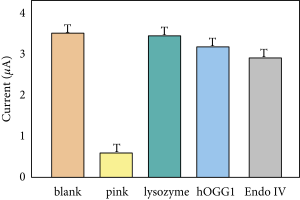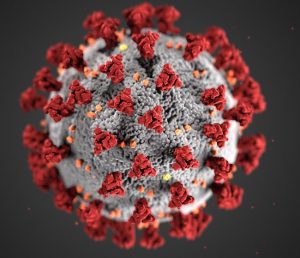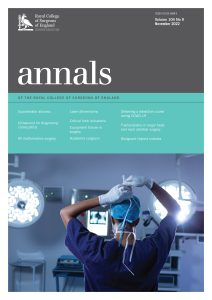
Would you consider a donation to support Weekend Reads, and our daily work? Thanks in advance.
The week at Retraction Watch featured:
- Board members decry their own journal’s retraction of paper on predatory publishers
- A paper used capital T’s instead of error bars. But wait, there’s more!
- Publisher retracts 400 papers at once for violations of ‘peer-review process policies’
- Professor emeritus loses fourth paper after UCSF-VA investigation, five years after other retractions
Our list of retracted or withdrawn COVID-19 papers is up to 278. There are more than 37,000 retractions in our database — which powers retraction alerts in EndNote, LibKey, Papers, and Zotero. And have you seen our leaderboard of authors with the most retractions lately — or our list of top 10 most highly cited retracted papers?
Here’s what was happening elsewhere (some of these items may be paywalled, metered access, or require free registration to read):
Continue reading Weekend reads: Errors in clinical trials; GPT-3 and scientific papers; paleontologist accused of faking data






